“Sodium Nitrite” has been added to your cart. View cart
“Sodium Nitrite” has been added to your cart. View cart
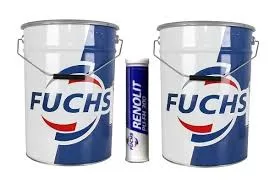
Renolit Duraplex ep 2, 3
KSh4,800.00 Original price was: KSh4,800.00.KSh4,700.00Current price is: KSh4,700.00.
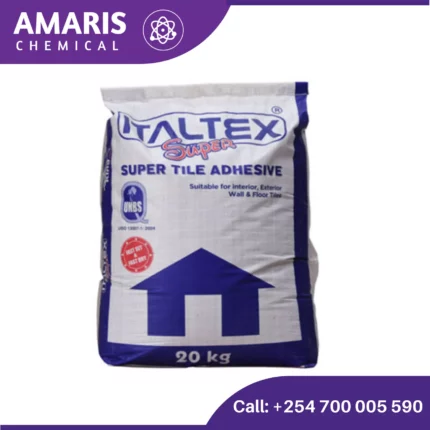
Italtex super
KSh5,800.00 Original price was: KSh5,800.00.KSh5,600.00Current price is: KSh5,600.00.
Titan Fuel Plus
KSh5,800.00 Original price was: KSh5,800.00.KSh5,500.00Current price is: KSh5,500.00.
SKU:
ACS89448CHEM0
Categories: Catalysts, Surfactants
Reviews (0)
Be the first to review “Titan Fuel Plus” Cancel reply
Shipping & Delivery
Related products
Bleaching Earth 25kg
Tonsil bleaching earth, also known as activated bleaching clay or activated bleaching earth, is a type of natural clay material that has been specially processed to exhibit highly adsorptive properties. It is commonly used in various industries, particularly in the edible oil and fats industry, for the purpose of bleaching or purifying oils and fats.
The term "tonsil" in tonsil bleaching earth refers to the original method of production, which involved using a type of clay called "montmorillonite," named after the Montmorillon region in France. However, modern tonsil bleaching earth may not necessarily contain montmorillonite and can be derived from other clay minerals as well.
Tonsil bleaching earth works through a process called adsorption, where it attracts and binds impurities such as pigments, trace metals, free fatty acids, and other contaminants present in oils and fats. These impurities are adsorbed onto the surface of the clay particles, resulting in the purification of the oil or fat.
The term "bleaching" in tonsil bleaching earth does not refer to the traditional meaning of removing color, but rather to the removal of undesirable substances that can affect the quality, stability, and appearance of oils and fats. The bleaching process helps to improve the taste, odor, and shelf life of the final product.
In summary, tonsil bleaching earth is a specially processed clay material used in industries, primarily the edible oil and fats industry, for the purpose of adsorbing and removing impurities to enhance the quality and stability of oils and fats
Diethanolamine [C4H11NO2 or (CH2CH2OH)2NH]
Hydrogen Peroxide 50%
Hydrogen peroxide is a chemical compound with the molecular formula H2O2. It is a colorless and odorless liquid, which appears slightly more viscous than water. Hydrogen peroxide is a powerful oxidizing agent, meaning that it readily releases oxygen atoms in chemical reactions. It is commonly used as a disinfectant, bleaching agent, and in the production of other chemicals. In its pure form, hydrogen peroxide is highly reactive and can be dangerous, but when properly diluted, it can be used safely for a variety of applications.
Nickel Sulphate [NiSO4(H2O)6]
Nickel sulfate, also known as nickel(II) sulfate or just nickel sulfate, is a chemical compound with the formula NiSO₄. It is a crystalline solid that is highly soluble in water. Here are some key points about nickel sulfate:
- Chemical Formula: NiSO₄
- Appearance: Nickel sulfate usually appears as a green or blue crystalline solid, depending on its hydration state.
- Hydrates: It forms several hydrates, the most common being the hexahydrate (NiSO₄·6H₂O), which is blue in color.
- Solubility: It is highly soluble in water, which makes it easy to dissolve in aqueous solutions.
- Applications:
- Electroplating: Nickel sulfate is commonly used in electroplating to apply a layer of nickel onto metals.
- Catalysis: It serves as a catalyst in certain chemical reactions.
- Ink Manufacturing: It is used in the production of ink.
- Battery Manufacturing: Nickel sulfate is used in the production of rechargeable batteries, particularly nickel-cadmium batteries.
- Agriculture: It is sometimes used as a micronutrient in fertilizers for crops.
- Hazards: Nickel sulfate is toxic if ingested or inhaled in large amounts. Prolonged exposure can cause skin allergies or respiratory issues in sensitive individuals.
Sodium Nitrite
Zinc Carbonate 500gm
Analytical Reagents, Antioxidants, Catalysts, Excipients, Fertilizers, Wastewater Treatment Chemicals
Zinc carbonate (ZnCO₃) is a white, odorless powder that occurs naturally as the mineral smithsonite. It’s used in various applications including as a pigment in paints, a filler in rubber, and as a dietary supplement. Chemically, it's known for its ability to decompose upon heating to release carbon dioxide and zinc oxide. In the medical field, it's employed in topical preparations to treat skin conditions. Overall, zinc carbonate is valued for its versatility and effectiveness across different uses.
Zinc Chloride 500gm
Zinc chloride (ZnCl₂) is a white crystalline solid that is highly soluble in water. It is hygroscopic, meaning it can absorb moisture from the air. Zinc chloride is commonly used in various industrial applications, such as a flux for soldering, a catalyst in organic synthesis, and a wood preservative. It also has uses in textile processing, chemical synthesis, and as a disinfectant. Due to its ability to dissolve in water and its caustic nature, it should be handled with care, using appropriate safety measures.

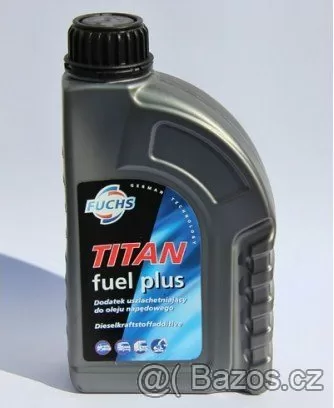
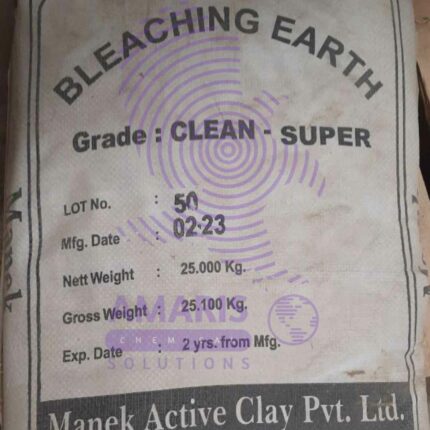
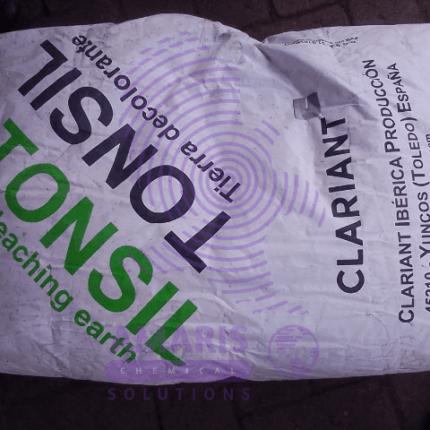
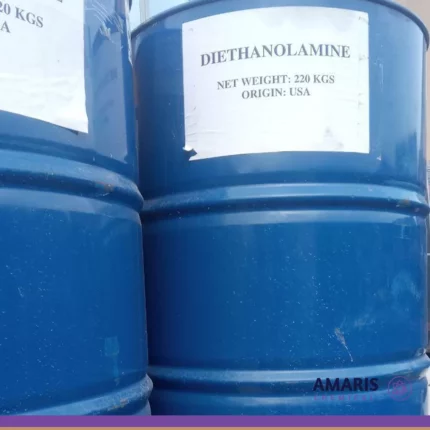
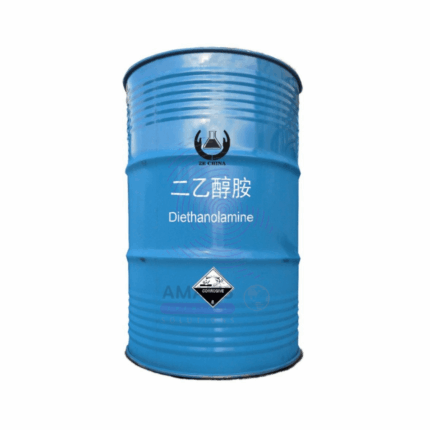
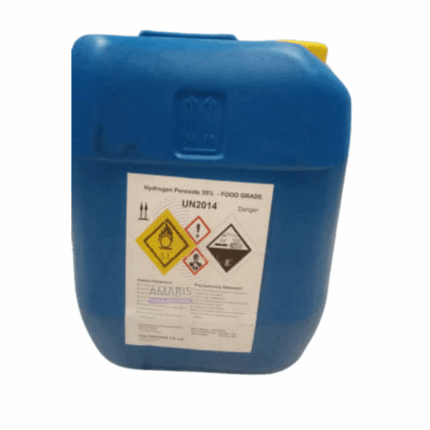
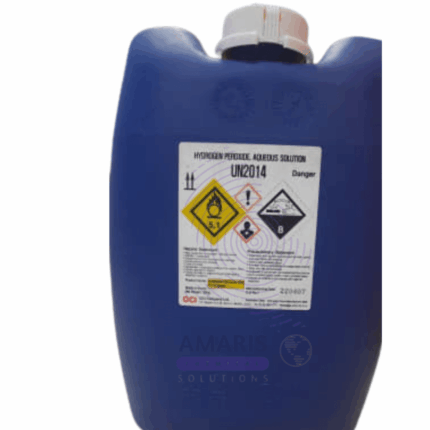
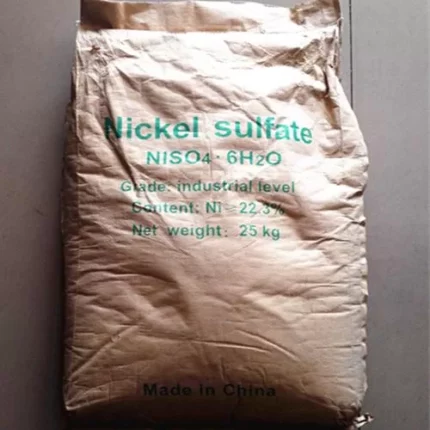
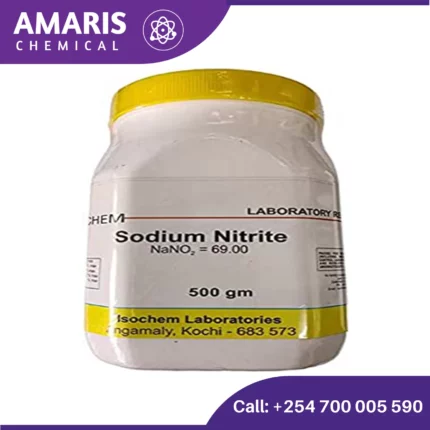
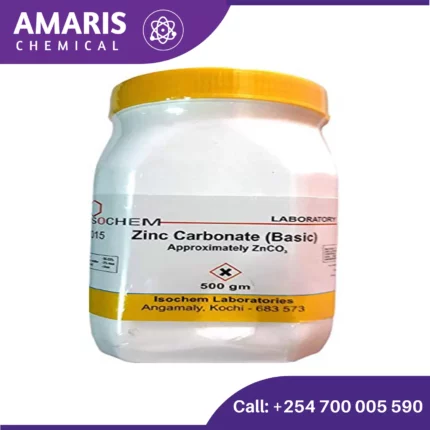

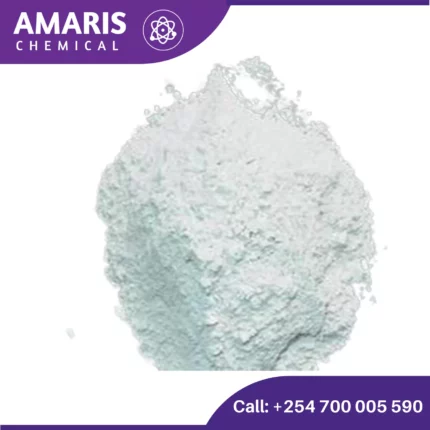
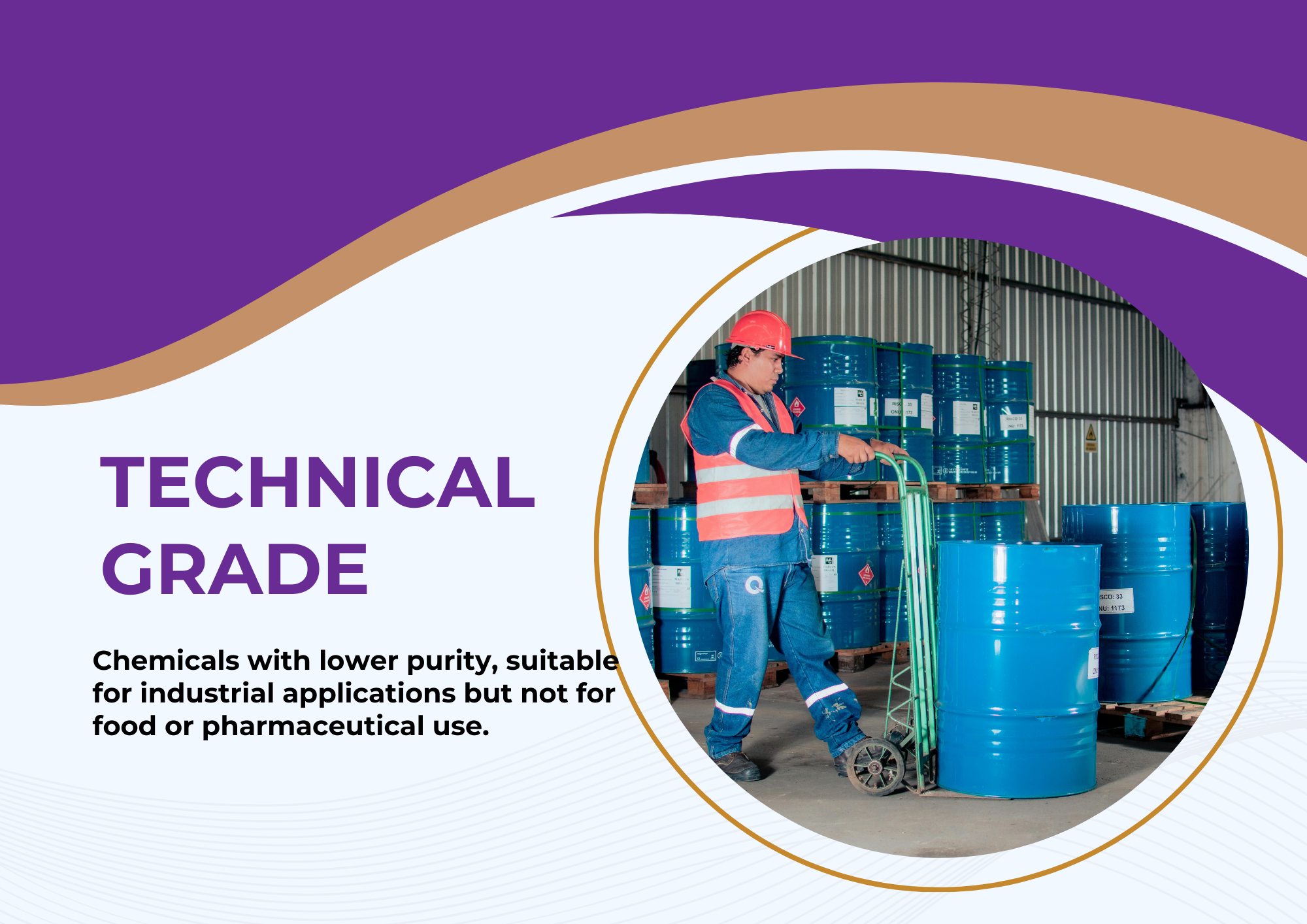



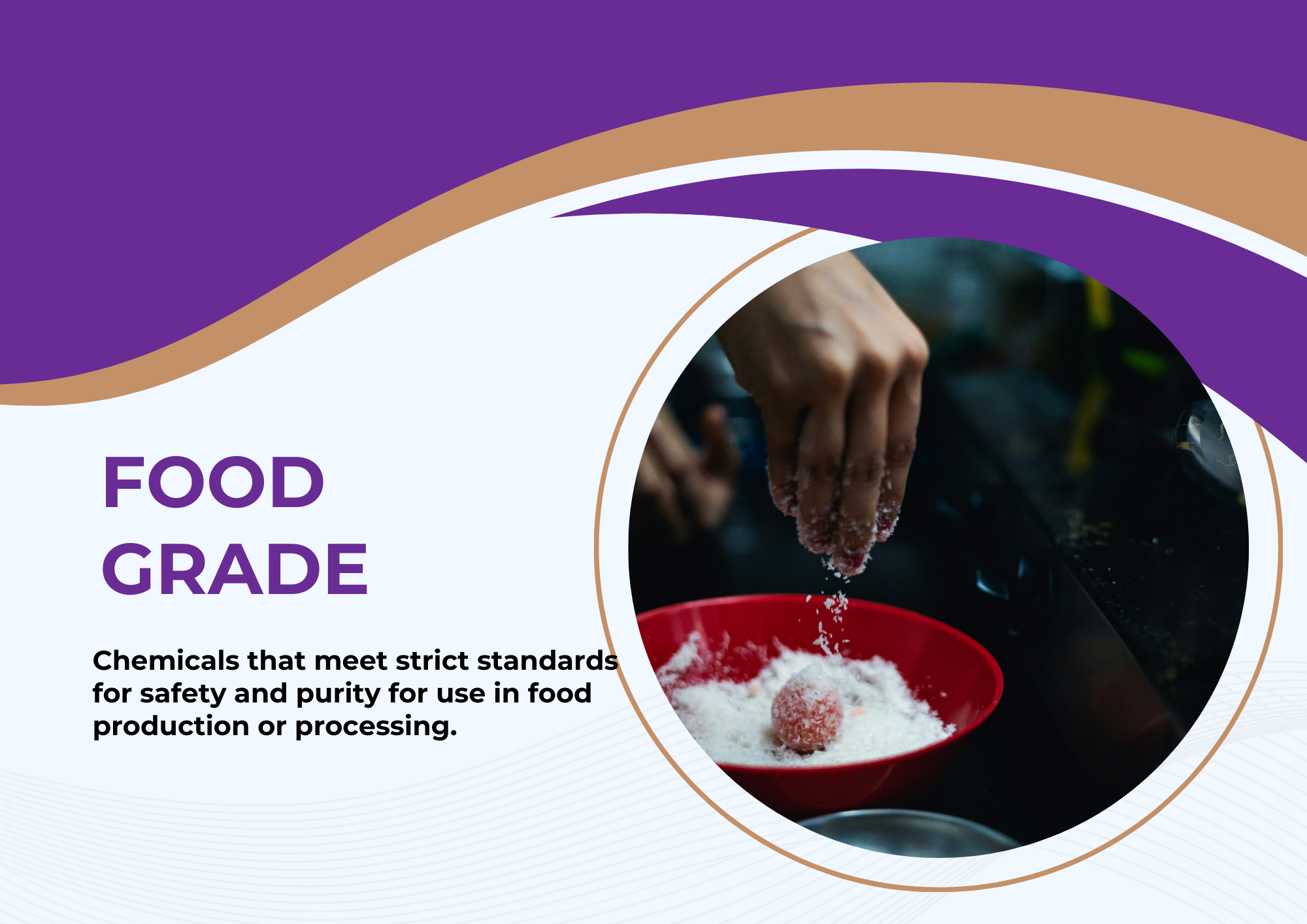
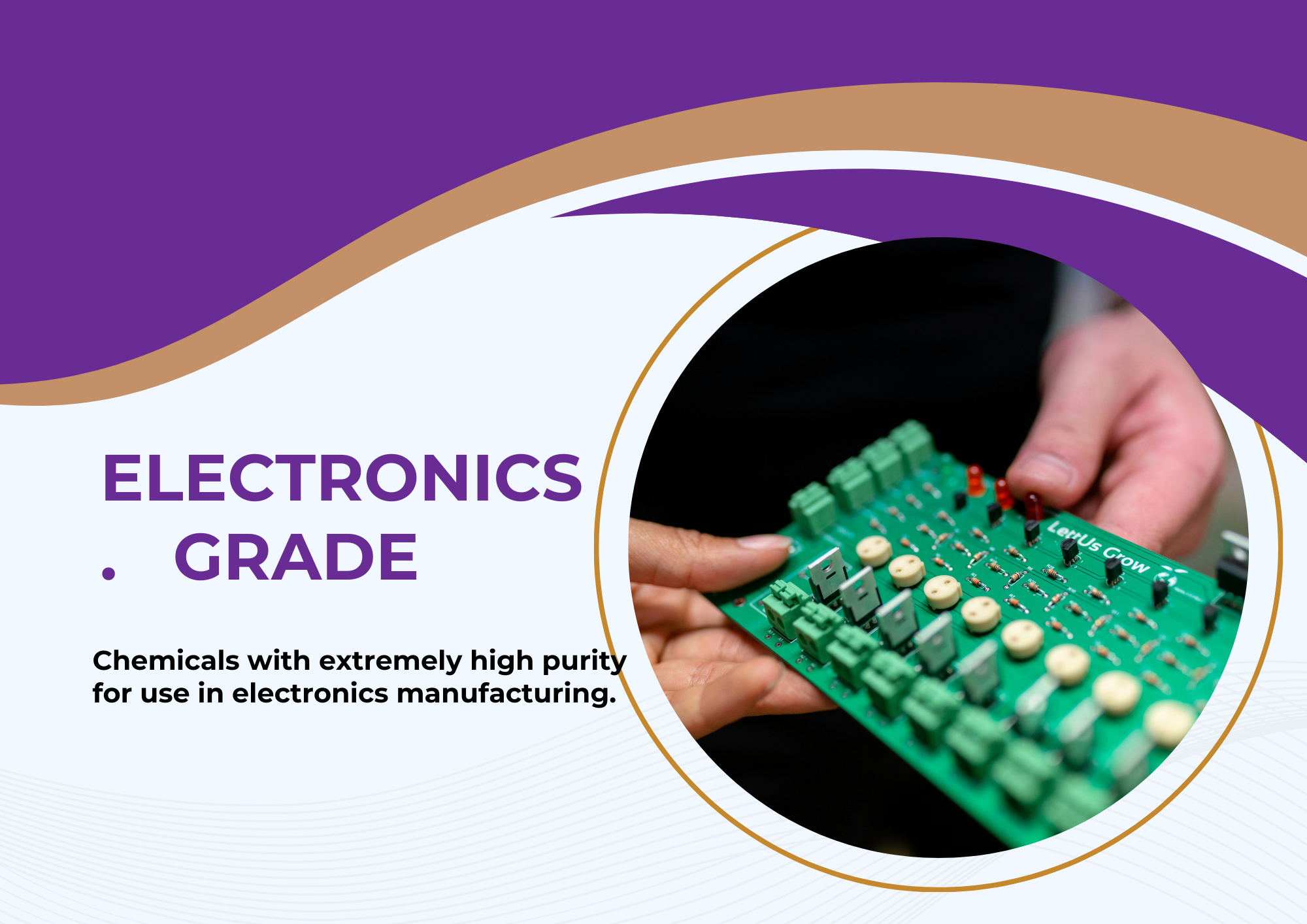
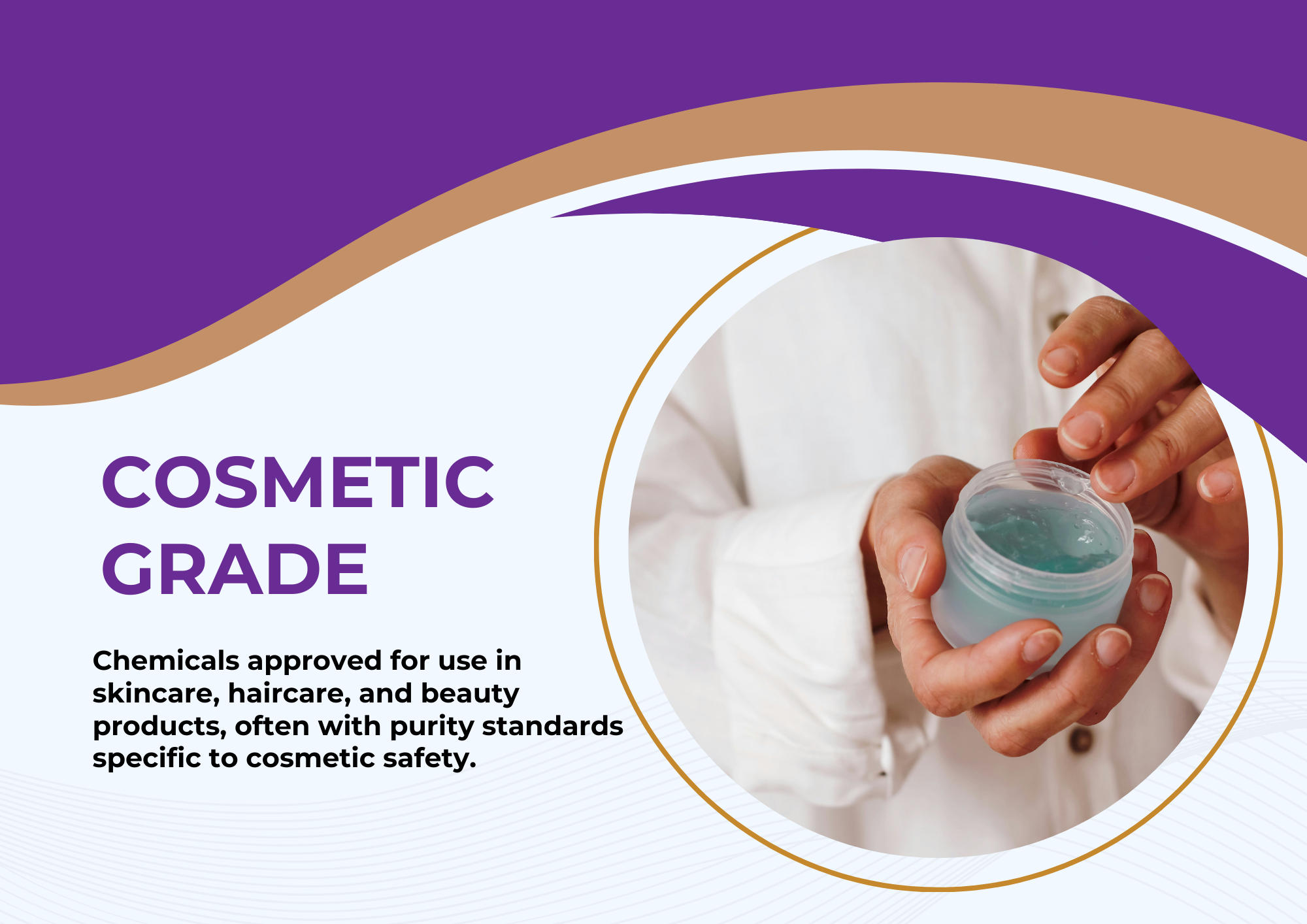
Reviews
There are no reviews yet.